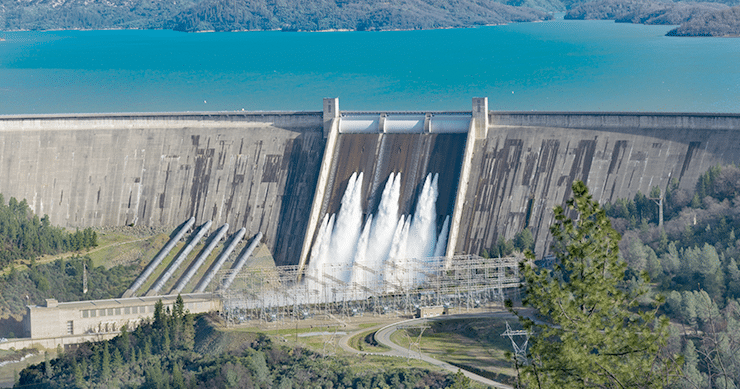Addressing recent cyber threats, a top White House national security official emphasized the imperative for increased cybersecurity measures following attacks on U.S. water authorities and ransomware incidents in healthcare.

The Iranian hacker group “Cyber Av3ngers” targeted American organizations, including a Pennsylvania water authority, with attacks deemed “unsophisticated” but impactful. Despite minimal operational impact, these incidents serve as a stark reminder of persistent cyber threats faced by American companies and critical infrastructure from hostile nations and criminal entities.
The vulnerabilities exposed, notably the breach of programmable logic controllers by Israeli company Unitronics, highlight the urgency for utilities to enhance cybersecurity practices. Basic measures, such as securing digital doors, are essential to guard against criminal threats impacting the economy.
Against a backdrop of heightened U.S.-Iran tensions, concerns about Tehran’s conflict involvement add complexity to the situation. The recent rescindment of a rule requiring cybersecurity testing for U.S. public water systems is noted, suggesting that such measures could have identified vulnerabilities targeted in recent attacks.
Beyond Iranian cyber threats, the issue touches on criminal ransomware incidents affecting the healthcare sector. Recent attacks, like the one on Ardent Health Services, underscore the need for swift action to tighten cybersecurity. The administration is actively disseminating actionable information, urging collaboration among state and local governments and critical service companies to implement recommendations promptly.
As cybersecurity threats evolve, the insights shared underscore the critical importance of organizations and industries remaining vigilant and proactive in fortifying their digital defenses.





